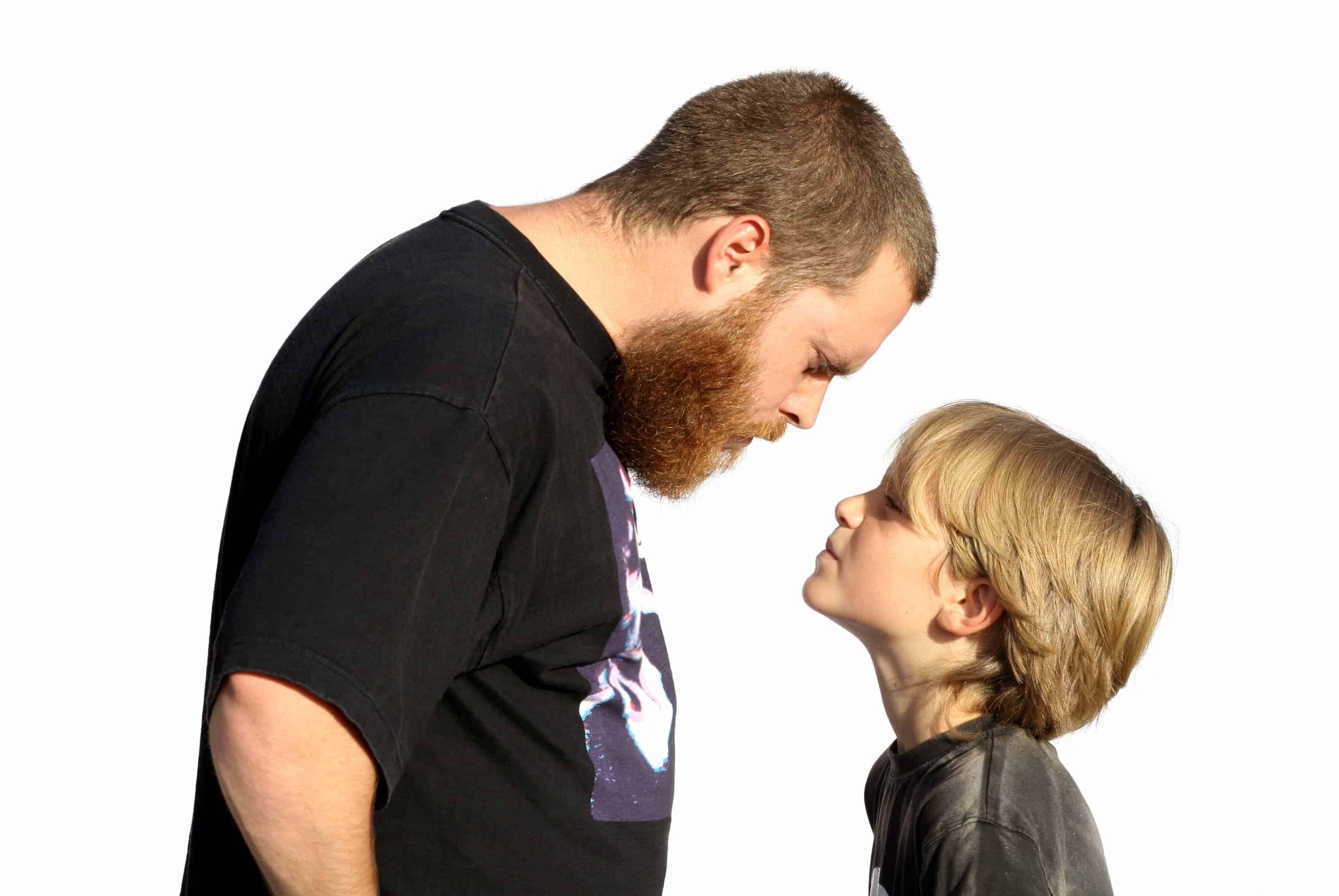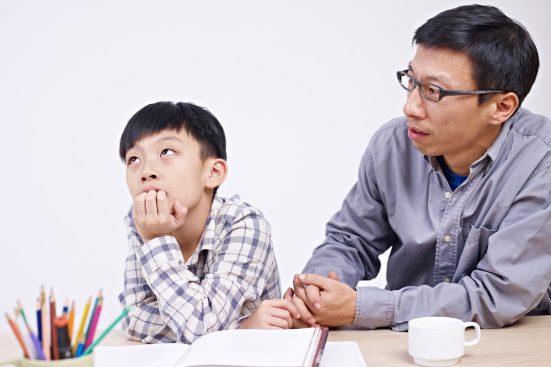Powerful evolutionary forces make us instinctively move away from people who hurt us. Kids and teens hurt us. They hurt us big time.
Put that hurt together with the amount of time, energy and stuff we give our kids – this means resentment is unavoidable for most parents. Resentment comes from an instinct deep in the brain. Be kind to yourself – if you are feeling resentful, you are hurting.
2. Resentment comes from a mismatch between expectations and reality.
We expect that kids and teens, having GOT SO MUCH from us, will appreciate us and do the right thing by us. They have sucked the very lifeblood out of us, is it not too much to ask that they do what we ask the first time?
Unfortunately our expectations are not in line with reality. Here’s reality:
Kids and teens are still learning.
They have under developed brains.
They are not good at showing appreciation, following directions, going to bed, being grateful – and all the other things we expect them to be able to do.
If we understand this, sometimes resentment drops – at least a little.
3. Resentment is very useful.
Resentment is a powerful clue that we need to keep training our kids in something. When do you get resentful? What makes you resentful? Whatever it is, this is an important signal that there may be something kids and teens need some extra coaching in.
As a parent, the thing that makes us resentful is probably the very thing we need to do some more reminding, discussing, following through on and helping kids and teens with.
4.We need to work on forgiving our kids and teens.
Forgiveness needs to happen on a daily, weekly and monthly basis. Forgiveness starts with a decision. I will not hold a grudge against this child.
For many parents, this is the single most courageous parenting decision they make. And the most rewarding one.
For help managing resentment towards kids and teens, feel free to click here on counselling services.



